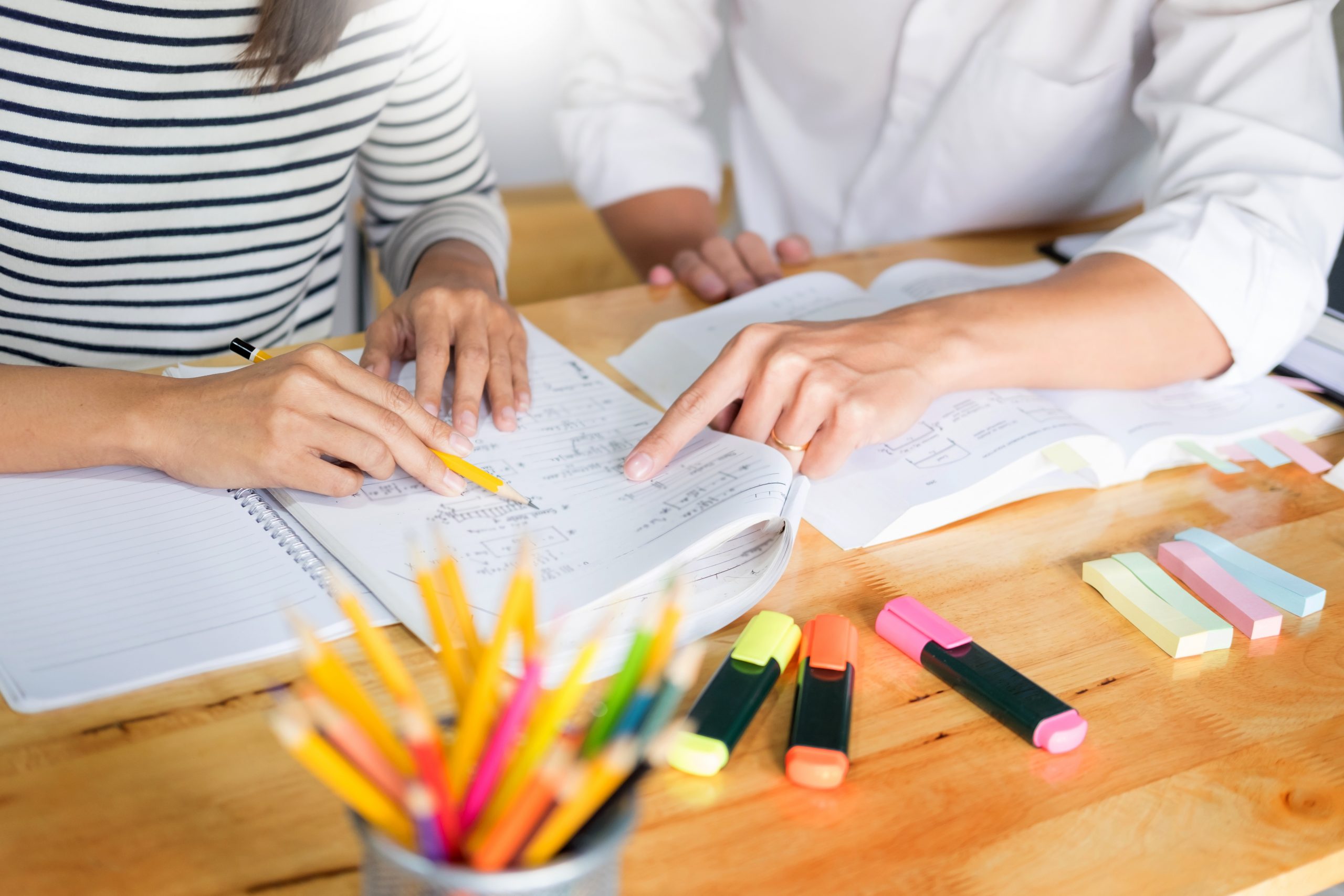
When tutoring primary students, one of the most effective tools is establishing a consistent and reliable routine. At this developmental stage, students thrive on predictability. Routine helps them feel safe, focused, and ready to engage with learning. It also sets clear expectations, which can reduce distractions and anxiety during sessions.
A structured tutoring session does not need to be rigid, but having a familiar format provides a strong foundation. For example, beginning each lesson with a short warm-up question or activity helps settle the student and shift their mindset into learning mode. It signals that the session has started and gently transitions them from the day’s distractions.
Following this, tutors can move into the main content, whether that is reviewing previous work, tackling a new concept, or practising a skill. Having a consistent flow such as revisiting past material, introducing something new, then applying it helps students understand the purpose behind each part of the lesson.
Closing the session with a quick recap or reflection helps reinforce what has been learned and gives the student a sense of accomplishment. It also allows the tutor to praise effort and progress, which is incredibly motivating for younger learners.
Routine also supports the development of study habits. By modelling a consistent and organised approach to learning, tutors teach students how to manage their time and approach tasks in a logical order. These habits, when formed early, become tools that students carry into later schooling.
In primary tutoring, learning is about more than mastering content. It is about creating an environment where students feel secure and supported. A simple and predictable routine can provide that structure, helping young learners to build confidence, stay engaged, and develop a positive relationship with learning.
Demetria Koutavas

